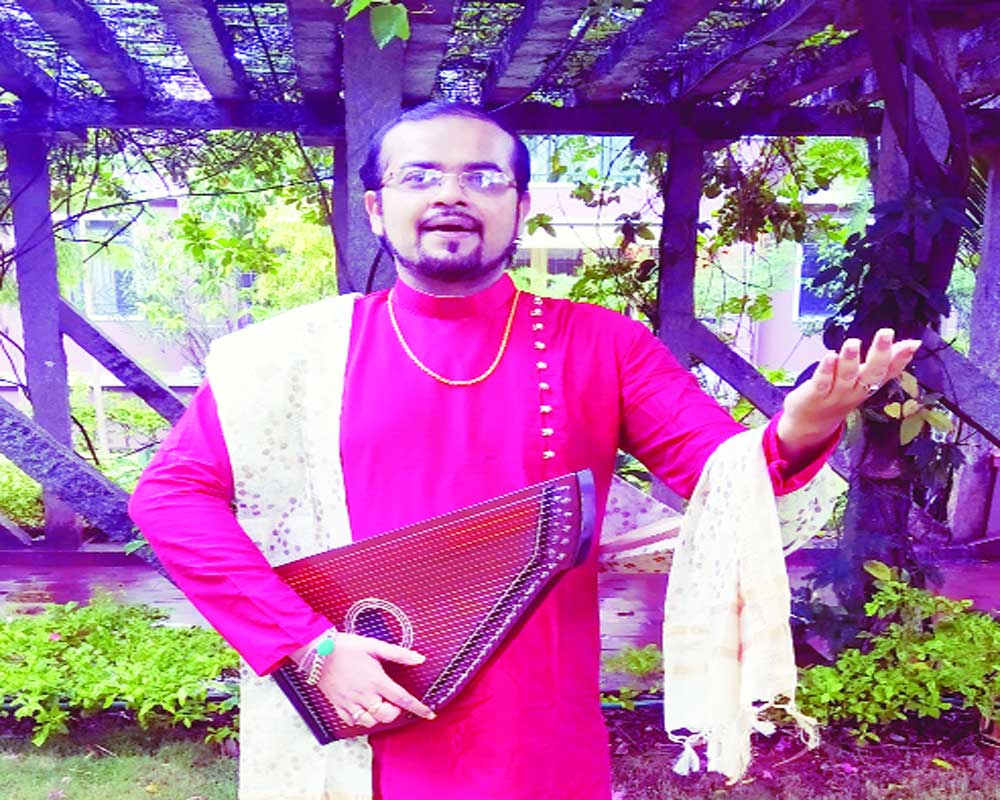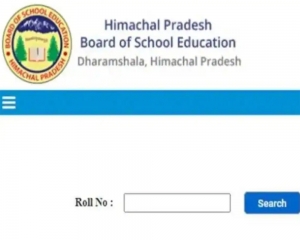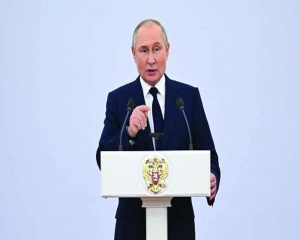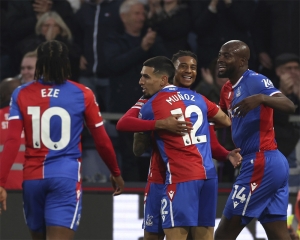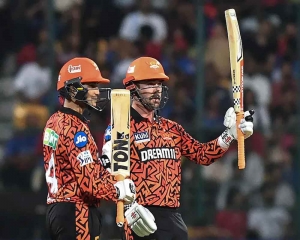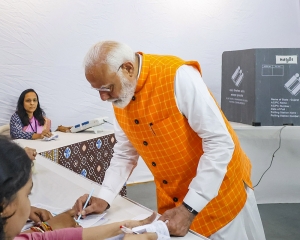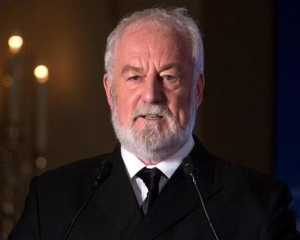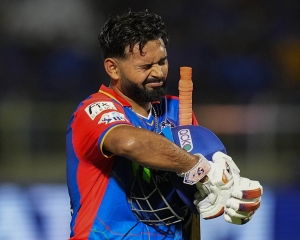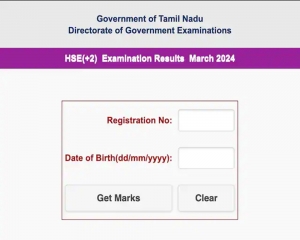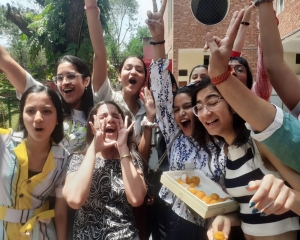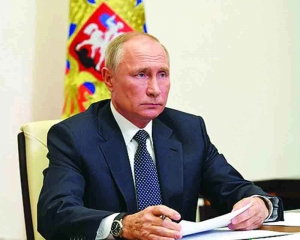PANDIT IMAM DAS, an internationally acclaimed classical singer of Patiala Gharana, collaborated with several singers for a music video titled Anand Karo. He speaks with SHALINI SAKSENA about the collaboration and whether fusion is the way forward
What is the music video Anand Karo about?
The video is about people searching for happiness. Given the present tumultuous times of COVID-19 and people depressed and stressed out, we wanted to put a smile on the faces. This came with a hidden agenda. First, we wanted to raise funds for the children in our villages. Second, we wanted to celebrate the day of Guru Purnima, a day that is extremely important for any musician who has gone through the guru-shishya parampara.
How did the idea come?
Since the lockdown began in March, I saw many things that took place — a negative energy that was surrounding us. This seems to continue and we can only pray that it ends soon. I am an optimistic person. I realised that the only way to keep our spirits high is to keep ourselves happy mentally. Hence, the video. I chose Guru Purnima because this is not the time to party or do live concerts. As a musician, all I can do is to celebrate the day by paying tribute to the day to which we owe our music to.
Was it tough to collaborate with so many artists?
In order to collaborate with artists who were from different genres and different industries — Bollywood, Tollywood, Kannada, Malayalam industry and classical singers — it was tough theoretically. But when I approached them, they were cooperative and enthused to do the video. This has been one of the most fun videos that I have had the pleasure to do and be part of.
What is Omkar Music Trust about?
It is a trust that I have started in Bengaluru where I stay. The foundation was laid in Kolkata where I am from originally. I have built an academy that has eight-nine branches. We teach vocals and dances. We organise programmes for those in the academy, senior or junior. They come here and perform and enrich us with their performance. We have a student base of 200-250. Last year, Amit Kumar had come and performed for our trust and did a jugal bandi with the artists. We have other well-known classical artists who keep to the academy.
Are there any challenges the classical vocalists face today?
The challenges are two-fold. If one looks at the materialistic market, unfortunately, there are very few sponsors who come up and sponsor a classical event as it should be done or as they do for lighter musical events. Generally, large sponsorships come for popular artists which has a handful. This is a challenge for young classical artists in our country. When parents are looking at classical music as a career option for their ward, the first thing they see is the money inflow and if it is consistent. This is not the case, but we are trying to change this through our academy and promote classical music. The good part is Gen Z is responding well, we just need a bit of support from the Government and sponsors.
Do you think that the true essence of classical music has diluted?
Indian classical music has survived for over 2,000 years and is going to survive for another 2,000 years. So, the word diluted doesn’t apply here. The foremost reason why it has survived is because it has evolved and changes its form through the generations. This is the key to survival. Technology is only going to better music. The Internet has ensured more and more people can listen to classical music but the ragas are going to change.
Is fusion the way forward?
Fusion has always been there. I believe that ragas themselves are a form of fusion. Take an example. If I am a vocalist, the table person, the sarangi player and violin player are accompanying me, all of us are creating a sound that is fusion. If I sit with a bansuri player, the sound will be different and will be another kind of fusion. If we talk about fusion of western instruments with classical music that has also been happening since the time of Pandit Ravi Shankar. When Pandit Ravi Shankar and Ali Akbar Khan saheb and sarod-sitar duo came together, that was fusion too. Fusion was always there and will be the way forward.
You have been performing for decades, what has changed for the better?
The good, happening in the last five-seven years, is the coming of the digital platforms like Facebook live and YouTube. Due to this, more and more people have started listening to classical music. Over the course of time, lakhs of people have started listening to it. If we get the financial backing, Indian classical music will be here to rule.













